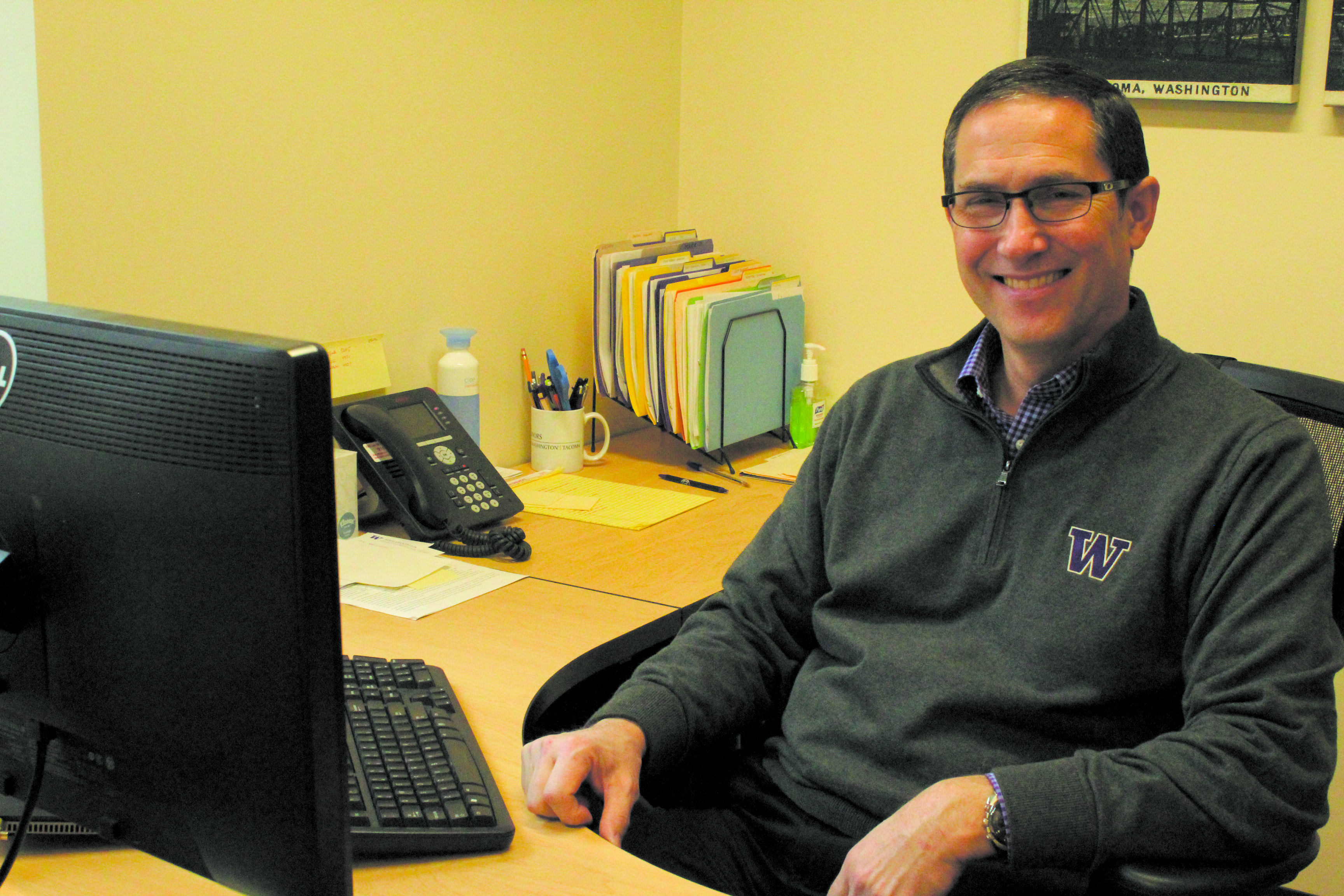The impact of recent budget cuts for a growing university
A year ago, Chancellor Mark Pagano asked administrative units to what their department would be like with cuts at 1.5 percent, 2.5 percent , and 4.5 percent. UW Tacoma identified and implemented budgets cuts at a total of two million dollars, placing one million dollars into strategic investment. This year, academic units are now asked to identify what each of those cuts would look like. Joe Lawless, associate vice chancellor of Strategy and Assessment, explains why these actions have taken place.
“The reason for all this is the economic situation of higher education, so what’s happening with universities across the country,” Lawless stated, “Especially state universities, where they have cut budgets for higher education and the only other way to make up for that is to raise tuition. Tution has reached a point that it’s untenable. You can’t continue raising tuition to, in my opinion, subsidize the state.”
To overcome this obstacle, the University performed budget limitation exercises to analyze shortcomings and identify the most practical way to distribute resources and maintain a sustainable institution.
“It doesn’t mean they will be cut [at the percentage], it means asking each unit … to look at if you had to cut how would you do that,” Lawless said. “I actually think it’s a good thing. How should we structure ourselves to serve the needs of students as you go on year after year? You don’t necessarily ask yourself those questions.”
Each unit took cuts in different ways. Strategy and Assessment decided to not backfill someone who retired, their Institutional Research Analyst Micheal Crosby. In the Center for Service and Leadership, Paul Prociv’s former position as civic engagement specialist was historically half university funded and half Student Activity Fee funded. Now, the university funding has gone away. Ed Mirecki’s position as Dean of Students was restructured into the now-Associate Vice Chancellor of Student Life position. Mirecki decided to not reapply and Bernard Anderson was hired for the new position.
“It was never easy,” Lawless said. “They were all painful. Cutting is always painful.”
When asked how these budget cuts could affect UWT in short term, Lawless emphasised the hardships and benefits of change.
“The negative short term is it’s never easy,” Lawless stated. “It creates cultural turmoil because change isn’t easy. Change is hard, even if it’s good change. People resist change. Us humans love our homostatious. We don’t like things to be different. When we hear change and it knocks us off our foundation, I think organizations that don’t change will die … You either get worse or you get better. We want to get better. So I think the short term upside is it creates a culture of continuous change.”
By finding unnecessary expenses, Lawless hopes that it could be funneled into positive new initiatives on campus. When someone retired from the Administrative Office, they filled the position with student workers instead. This allows the students to get experience and tackle new projects. The university is also planning a restructure of the Snoqualmie and Tioga building to have the service less scattered and more welcoming to first generation students.
With the upcoming academic budget cuts, there is also an initiative to have faculty move some of their courses from a traditional setting to hybrid courses, having one day of class online each week. Besides reducing cost, converting classes is a way to expand space with the growing student population.
“Looking forward in terms this campus continues to grow, we know we need food services, we need more housing, there are things we need as we continue to grow programs,” Lawless staid. “So part of this budget cut is responsible stewardship of state and student resources.”
Lawless believes these modeling exercises should become routine and suggests that it should yearly and not just when budget adjustments are needed.
“We have a duty to serve our students and to not look at how we are doing things, I think, is irresponsible,” Lawless said.

